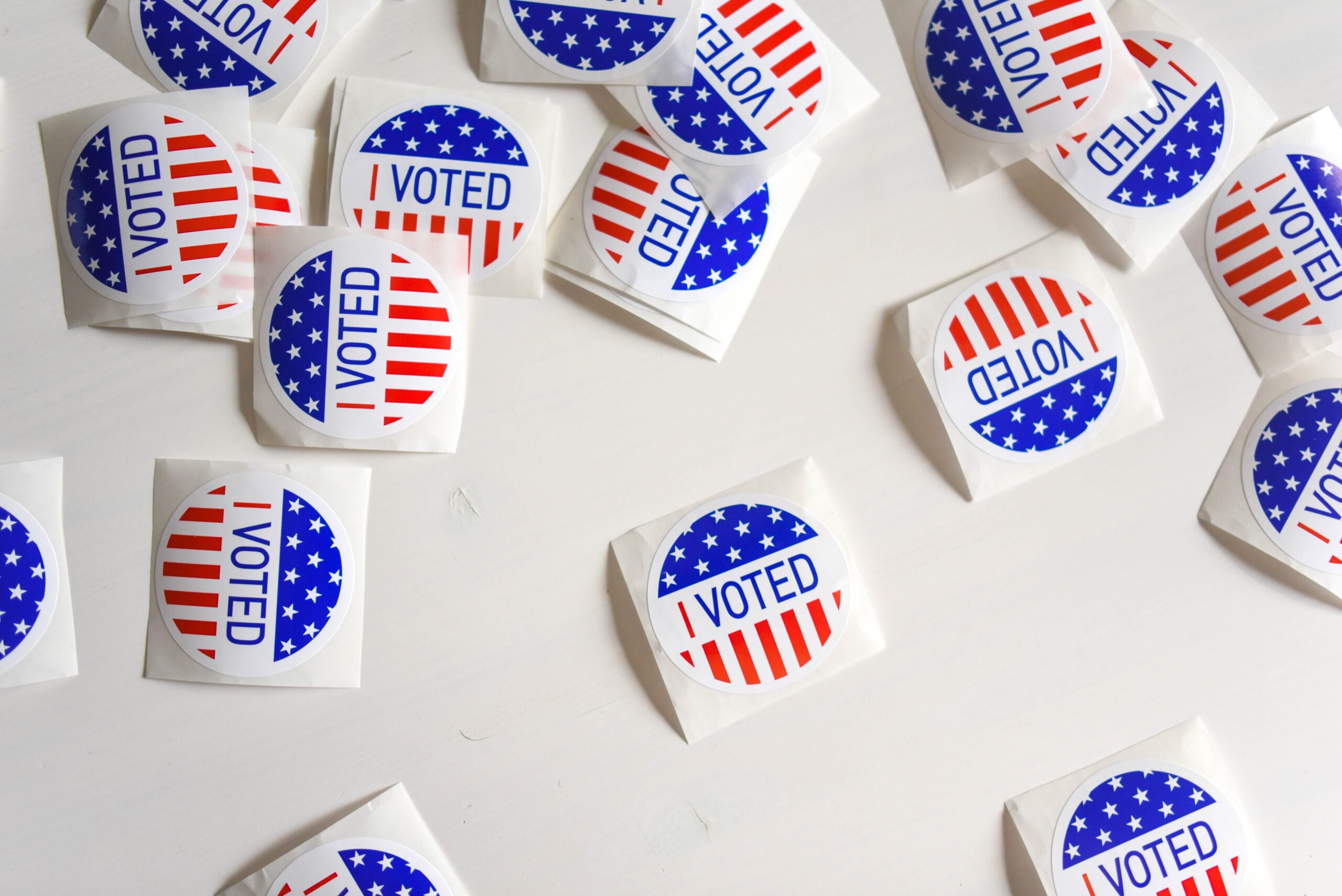
Ballot Harvesting Opens the Door to Voting Fraud
Among the most egregious changes to Nevada’s voting laws in recent years was the legalization of ballot harvesting.
Under the cover of the 2020 Covid lockdown, dramatic changes were made to how Nevada operates elections – supposedly on a temporary basis but made permanent the following year.
These included allowing a third party to collect and submit completed mail-in or absentee ballots – known as ballot harvesting – a felony previously.
Nevada has one of the most freewheeling ballot harvesting laws in the country, allowing unlimited volumes of collection by any “person authorized by the voter,” Nevada Policy wrote in its recently released paper on election integrity, titled Efficient, Timely and Reliable: A Framework for Election Law in Nevada.
“The Washington Post notes that even California, which legalized the practice in 2016 and soon saw it become highly controversial, ‘has since made it illegal to get paid per ballot collected and for employers to ask employees to bring their ballots into their workplace,’” according to author Walter Olson.
Ballot harvesting is popular among political groups seeking to boost voter turnout for their candidates. Advocates claim it promotes accessibility, while opponents worry it makes it easier for the unscrupulous to commit election fraud.
There are genuine reasons to be wary of ballot harvesting:
- The person filling out the ballot may have a difficult time saying no to the person collecting the ballot. Think of a union steward, a political boss or someone who controls the purse strings in the family. This is far different than the idea behind the secret ballot.
- There is more opportunity for ballot tampering, such as “losing” ballots from individuals who are known to have differing political views or are from areas with a strong leaning to one political side or the other.
- It can open the door to the practice of “helping” elderly or unsophisticated voters by filling in choices, particularly in down-ballot races that they might have left blank on their own.
Ballot harvesting can be difficult to discover because it’s done in homes and businesses, rather than at the polling place. Troubling examples have surfaced:
In a 2018 Congressional race in North Carolina, Leslie McCrae Dowless Jr., a political operative working for a Republican candidate, used ballot harvesting to help his client capture what appeared to be enough votes to win the seat.
However, an investigation revealed that “Dowless and his helpers collected hundreds of absentee ballots from voters by offering to put them in the mail,” the Fayetteville (N.C.) Observer reported.
Closer to home, a member of the Lodi, Calif., city council member was sentenced to two years in jail earlier this year for his role in an election fraud case. Shakir Khan was accused of stashing more than 40 ballots at his home during the 2020 election, during which he won election.
Khan, who ultimately pleaded no contest in the case, was also charged with having more than 20 people registered to vote at his home address and nearly 50 registered to vote using his personal email address and phone number. Other allegations included possessing additional blank ballots, pressuring residents to vote for him, taking advantage of individuals who didn’t understand the voting process and filling out ballots on his own then having individuals sign them.
And in San Luis, Ariz., two individuals, including a Democratic operative who once served as mayor, pleaded guilty in 2022 to ballot harvesting during the 2020 election.
It doesn’t take many examples of voter fraud to erode confidence in elections.
“One reason ballot harvesting has big implications for voting integrity is that it can allow a political operator who discovers a weak point in election security, such as imperfect authentication of postmarks or signatures, to leverage that finding by systematically funneling many votes through the vulnerability,” according to Efficient, Timely and Reliable.
Ballot harvesting proponents claim the practice has seldom – yet, at least – been linked to large volumes of improperly cast votes.
“But even vote counts in the dozens or hundreds can affect party primaries, off-year elections and municipal elections, where margins of victory are often far lower than in the big races,” Olson wrote. “In those, even a small harvesting operation might swing an outcome.”
In an effort to strengthen Nevada’s voting security, Gov. Joe Lombardo last year introduced legislation that would have, among other things, sharply curtailed ballot harvesting by making it illegal for individuals to return mail ballots for others without written authorization from the voter.
Senate Bill 405 sought to rescind several other changes enacted during the Covid lockdown, including repealing universal mail-in balloting, requiring residents to produce identification when voting and establishing earlier deadlines for mail ballots.
The common sense bill never made it out of committee, and opponents in the Nevada legislature accused Lombardo of seeking to roll back voting rights.
Most states allow someone other than the voter to return a ballot, but 13 states have specified who can do so, such as household members, caregivers or family members. Some states limit the number of ballots an individual can turn in from other voters.
Recently, Alabama banned the practice of ballot harvesting.
“Here in Alabama, we are committed to ensuring our elections are free and fair,” Gov. Kay Ivey said. “Under my watch, there will be no funny business in Alabama elections.”
In 2021, the U.S. Supreme Court upheld Arizona’s restrictions on ballot harvesting. Justice Samuel Alito, writing for the majority, said the state “has a compelling interest in preserving the integrity of its election process.”
Free and fair elections are the cornerstone of representative democracy. It’s essential that there be no appearance of impropriety, but ballot harvesting makes it easier for the unscrupulous to game the system.
Nevada would do well to eliminate this tactic in order to better ensure secure voting and to reinforce the perception of election integrity.